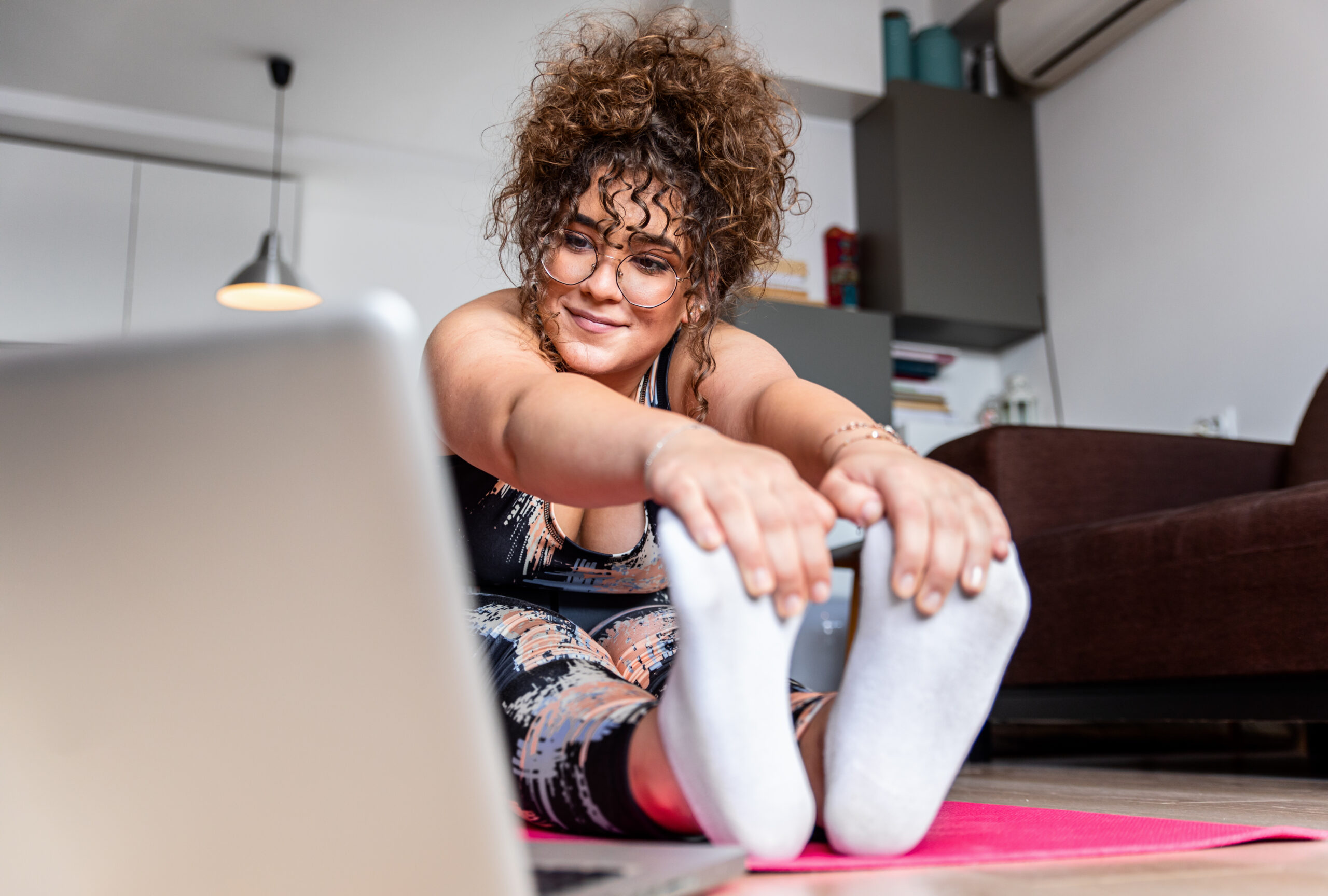Staying active is crucial in supporting your overall well-being and improving your mental health. Physical activity is not just about maintaining a healthy body; it also affects your mind. Regular physical activity can help lessen symptoms of depression, anxiety, and other mental health conditions, offering a natural and effective way to enhance mood and reduce stress. If you are struggling with mental health issues, incorporating physical activity into your daily routine can be a transformative step towards long-term wellness.
There are many reasons why staying active is important. Exercise will:
- Release endorphins: When you engage in physical activity, your body releases endorphins, known as the “feel-good” hormones. These chemicals interact with receptors in your brain to reduce your perception of pain and trigger a positive feeling in the body. This natural high can help improve your mood, reduce stress, and boost your overall sense of well-being.
- Reduce stress and anxiety: Exercise can help you manage stress and anxiety. Focusing on a physical task can provide a mental break from worries, helping to interrupt the cycle of negative thoughts that often accompany anxiety and depression.
- Improve sleep: Regular physical activity can help regulate sleep patterns, leading to better quality sleep. Improved sleep can enhance mood, increase energy levels, and reduce feelings of fatigue and irritability, which are common in many mental health conditions.
- Boost self-esteem and confidence: Achieving physical fitness goals, no matter how small, can provide a sense of accomplishment and boost self-esteem. Regular exercise can also improve your physical appearance and overall health, contributing to a more positive self-image and greater confidence.
- Enhance cognitive function: Exercise stimulates the production of growth factors that improve the health of brain cells and the growth of new blood vessels in the brain. It can also improve cognitive function and sharpen memory.
Healthy Activities to Stay Active
Incorporating physical activity into your daily routine doesn’t have to be intimidating. There are many activities to consider that can help you stay active and support your mental health recovery:
- Walking: Walking is a simple way to stay active. It requires no special equipment and can be done anywhere. A daily walk in the park, around your neighborhood, or even indoors on a treadmill can help clear your mind, reduce stress, and improve your mood. Try to walk for at least 30 minutes on most days of the week.
- Yoga: Yoga combines physical postures, breathing exercises, and meditation to create a holistic approach to mental and physical wellness. It can help reduce stress and anxiety, improve flexibility, and enhance mindfulness. Consider taking a yoga class or following online tutorials to practice at home.
- Swimming: Swimming is a low-impact exercise that can be especially beneficial if you have joint pain or mobility issues. The rhythmic movements and the sensation of being in water can be soothing and meditative. Swimming can help improve cardiovascular health, build muscle strength, and reduce stress.
- Cycling: This low-impact activity can be done indoors on a stationary bike or outdoors. It provides a great cardiovascular workout, strengthens leg muscles, and can be a fun way to explore your surroundings. Plus, the repetitive motion of pedaling can have a calming effect on the mind.
- Dancing: Dancing is a joyful and expressive way to stay active. Whether you join a dance class or simply dance around your house to your favorite songs, it can help lift your spirits and provide a good workout.
- Strength training: Lifting weights, using resistance bands, or doing bodyweight exercises like push-ups and squats can help build muscle and improve overall physical health. Strength training can also boost self-esteem and confidence as you see improvements in your strength and physique.
Tips for Getting Started
If you want to start being more active, begin by setting small, realistic goals. You can gradually increase the intensity and duration of your activities. This can help prevent burnout and keep you motivated. Additionally, it is important to choose activities that you find enjoyable and fulfilling. This will make it easier to stick with your exercise routine.
Stick to a routine and incorporate physical activity into your daily schedule. Consistency is key to reaping the mental health benefits of exercise. Pay attention to how your body feels during and after exercise. It’s important to avoid overexertion and rest when needed.
You Are Not Alone
If you are struggling with your mental health, you are not alone. At Creekside Behavioral Health in Kingsport, Tennessee, we are here to support you every step of the way. We offer programs and services such as acute psychiatric inpatient care with medication management, individual therapy, group therapy, and family therapy. To learn more, please contact us today.





